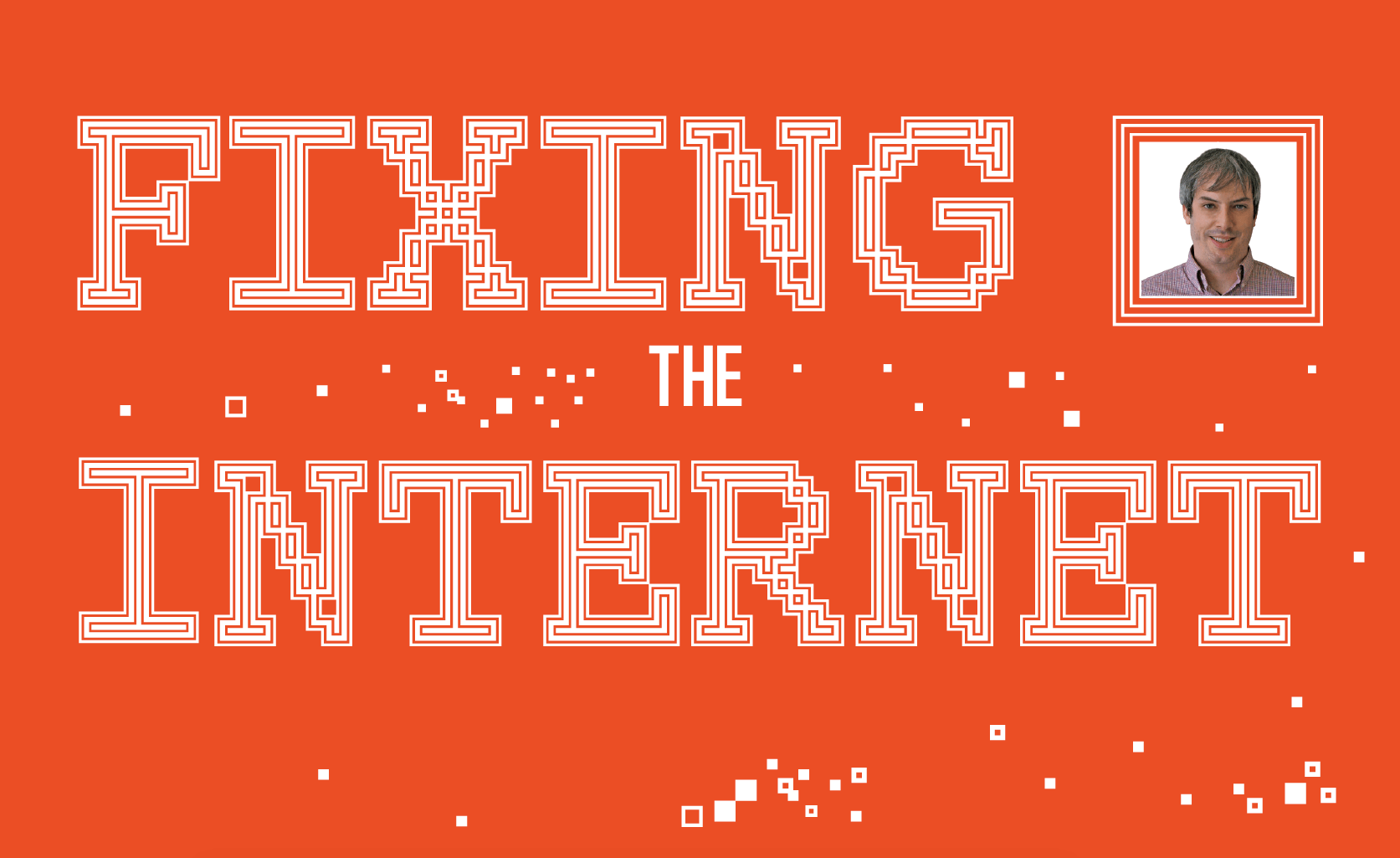Fixing The Internet
Think of the Internet as a massive freeway. In the beginning, traffic is light. In time, however, gridlock develops. Unless ameliorative action is taken, the entire system could come to a grinding halt.
Ethan Katz-Bassett works to find ways to keep the Internet’s lanes flowing smoothly, even as the Web’s popularity continues to grow. Katz-Bassett, an assistant professor of computer science who joined USC Viterbi in 2012, works to improve Internet performance, making him a sort of traffic cop for the Web.
“My research goal is to design novel systems and protocols to dramatically improve Internet reliability,” said Katz-Bassett, who in 2014 received the prestigious National Science Foundation Career Award, a five-year grant to support research, teaching and community outreach.
Added his USC Viterbi graduate student and collaborator, Tobias Flach: “We are making important steps toward improving the speed of the Internet and thereby making users happier.”
To make the Internet function better, Katz-Bassett and his colleagues believe they must better understand its operations, especially the delivery of content from large providers like Google and Netflix that generate much of the Web’s traffic.
I’M EXCITED TO HELP MY STUDENTS FIGURE OUT AND ACHIEVE THEIR GOALS, AND I’M EXCITED THAT MY RESEARCH ALLOWS THEM TO COLLABORATE WITH THE LARGEST INTERNET PROVIDERS TO MAKE THE WEB BETTER FOR EVERYONE.
For example, in 2013, Katz-Bassett led a team that developed techniques to locate all Google servers and map the connections between servers and clients. Over a 10-month period, the researchers measured a seven-fold increase in the number of Google locations around the world from which the company served client queries. (Google had embarked on a major change in its server strategy.) Additionally, Katz-Bassett and others in his lab, in collaboration with Google, redesigned how Web traffic recovers from congestion. The result: Experiments showed that the changes sped up Google client connections by an average of 23 percent.
More recently, Katz-Bassett, along with co-principal investigators Ramesh Govindan and Minlan Yu of USC Viterbi, and researchers from Cornell University and the University of Massachusetts, launched an NSF-funded project to create a so-called “electronic eye in the sky” capable of looking down on the entire Internet to find the best routes for network operators to use.
“Our Internet experience depends on the performance and availability of routes that cross multiple networks, but service providers and operators have little visibility into or control over the other networks on which they rely,” Katz-Bassett said. “We have developed a number of techniques to give unprecedented visibility into and influence over these routes.”
Said Gaurav Sukhatme, chair of the USC Viterbi Department of Computer Science: “Ethan is a rising star in the area of Internet measurement who marries uncanny intuition with experimental rigor to accurately probe the functioning of the Internet in new ways.”
Katz-Bassett earned his Ph.D. at the University of Washington. For his dissertation, he built systems to improve Internet performance and availability. He then spent six months in Google’s Seattle office as part of a team tasked with making the Web work fast on mobile phones. Afterward, he moved on to an assistant professorship at USC Viterbi.
“I chose to come to USC Viterbi because I felt that people here cared about helping me succeed,” Katz-Bassett said. “I’m excited to help my students figure out and achieve their goals, and I’m excited that my research allows them to collaborate with the largest Internet providers to make the Web better for everyone.”




